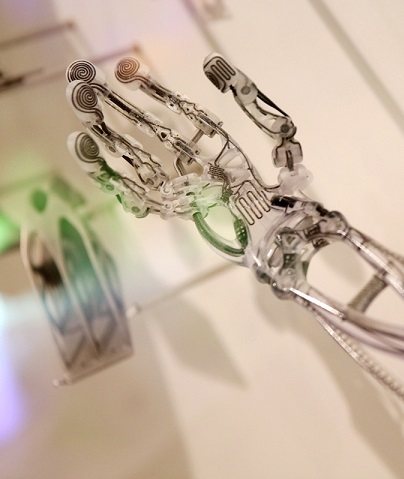Report predicts rapid automation
 With continued workforce automation on the way, experts say HR needs to get ready.
With continued workforce automation on the way, experts say HR needs to get ready.
“We know strong leadership is a key driver of employee engagement, culture and retention. But in the face of rapidly changing work automation and increasing use of contingent talent, companies will need to develop leaders and managers differently,” says Hamish Deery, head of talent and rewards at Willis Towers Watson Australia.
“They will need to orchestrate a radically different work ecosystem, imbed and drive a culture that supports the business strategy, and keep all of the talent in their workplaces fully engaged – whether employed or contingent.”
Willis Towers Watson has published new research that finds workplace automation (including the use of artificial intelligence and robotics) is expected to surge in the next three years.
The Global Future of Work Survey (PDF) found Asia Pacific companies expect automation will grow to account for about 23 per cent of work in the next three years, up from an average of 13 per cent today, and just 7 per cent three years ago.
For companies that already use AI and robotics, 85 per cent say they will expand their use of automation in the next three years.
The survey suggests very few HR functions are ready address the organisational change requirements created by automation.
It says HR has a critical role to play but is unprepared to do so, with support needed in deconstructing and reconstructing jobs, and defining reskilling pathways.
It also encourages employers to determine how to manage an increasingly diverse talent mix with fewer full-time employees and more contingent workers.







 Print
Print